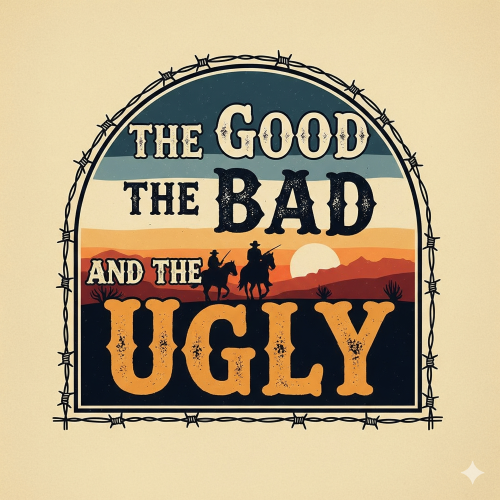How do lobbying efforts affect arms export policies to countries accused of human rights abuses?

Lobbying efforts significantly affect arms export policies to countries accused of human rights abuses, often leading to a weakening of export controls and a prioritization of commercial and political interests over ethical considerations.
While governments maintain that their export policies are guided by human rights criteria, lobbying from the defense industry and its allies provides a powerful counter-narrative and directly influences the decision-making process.
The "Strategic Partnership" Justification
Lobbyists for the arms industry don't simply ask for a license; they work to frame arms exports as a vital tool of foreign policy, regardless of the recipient's human rights record. They argue that:
-
Strengthening Alliances: Selling military equipment to a country, even a controversial one, helps to strengthen alliances and build military-to-military cooperation. This argument is used to justify sales by claiming it keeps a partner nation aligned with Western interests and prevents it from seeking arms from rivals like Russia or China.
-
Preventing a "Vacuum": A core lobbying argument is that if a nation, such as the UK or a European country, refuses to sell weapons due to human rights concerns, another country will simply fill the void. This framing absolves the seller of ethical responsibility by placing the blame on a third-party competitor, making the sale appear to be a strategic necessity rather than an ethical compromise.
Weakening Export Controls
A key strategy for arms lobbyists is to undermine or weaken the regulations that control arms exports, particularly those related to human rights.
-
Lobbying Against Strict Criteria: In both the UK and the EU, governments are supposed to use a set of criteria to assess arms export licenses, including human rights records and the risk of internal repression. Lobbyists work to argue against the strict application of these rules, claiming that a rigid interpretation would put their companies at a competitive disadvantage.
-
Targeting Oversight Bodies: Lobbyists engage with the government departments and parliamentary committees responsible for export controls. They provide justifications and reassurances that the weapons will not be used to commit human rights abuses, even in the face of strong evidence to the contrary from human rights organizations.
-
The Revolving Door: The movement of former military officers, civil servants, and politicians into senior positions in the arms industry provides a powerful, often untraceable, form of lobbying. . These individuals use their insider knowledge and personal networks to navigate bureaucratic hurdles and gain privileged access to decision-makers, facilitating controversial deals.
Financial and Economic Justifications
Lobbyists heavily rely on economic arguments to justify arms sales, linking them to a country's internal health.
-
Economic Growth and Jobs: The most common argument is that arms exports are vital for economic growth and job creation. Lobbyists argue that a robust export market is necessary to sustain a domestic defense industrial base, support skilled jobs, and fund research and development (R&D). This powerful narrative makes it politically easier for governments to justify controversial sales.
-
Funding R&D: The industry argues that profits from international sales are a primary source of funding for the next generation of military technology. They contend that this private investment is essential for maintaining a technological edge, and without a healthy export market, future innovation would be compromised. This frames sales to countries with poor human rights records as a necessary evil for the sake of long-term national security.
In conclusion, lobbying efforts significantly affect arms export policies by providing governments with a ready-made justification to prioritize commercial and political interests over ethical ones. They work to weaken export controls, frame sales as a foreign policy tool, and leverage powerful economic arguments to ensure that arms continue to flow, even to countries with poor human rights records.
- Questions and Answers
- Opinion
- Motivational and Inspiring Story
- Technology
- Live and Let live
- Focus
- Geopolitics
- Military-Arms/Equipment
- Sicurezza
- Economy
- Beasts of Nations
- Machine Tools-The “Mother Industry”
- Art
- Causes
- Crafts
- Dance
- Drinks
- Film/Movie
- Fitness
- Food
- Giochi
- Gardening
- Health
- Home
- Literature
- Music
- Networking
- Altre informazioni
- Party
- Religion
- Shopping
- Sports
- Theater
- Health and Wellness
- News
- Culture

